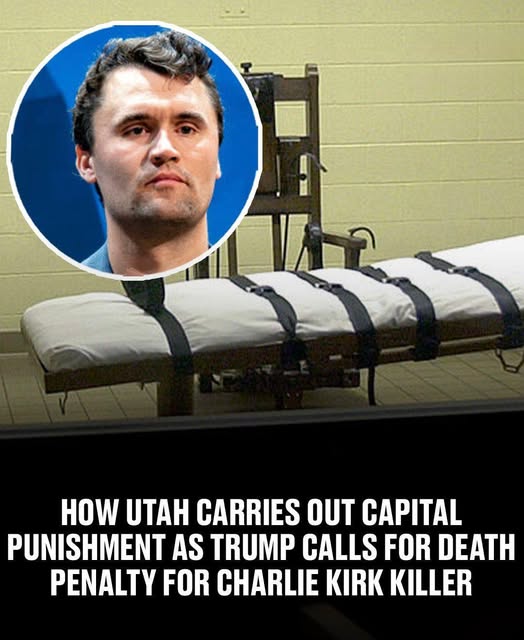
The assassination of conservative activist Charlie Kirk has reignited America’s long-running debate over the death penalty. With Utah authorities arresting 22-year-old Tyler Robinson in connection with the shooting, questions are now swirling about whether the state will pursue capital punishment — and if so, whether it could be carried out by firing squad, a method still allowed under Utah law.
Utah is one of 27 states where the death penalty remains legal, but it is unique in offering inmates the option of execution by firing squad if lethal injection drugs are unavailable or if the inmate requests it. That possibility looms large now, as prosecutors weigh charges against Robinson. Governor Spencer Cox has already warned that Utah will “use the full force of the law,” while Donald Trump openly called for Robinson to receive the death penalty if convicted.
Even so, executions in Utah are rare. The last was in 2010, and appeals often stretch for decades. Critics say capital punishment is costly, error-prone, and out of step with modern justice. Supporters argue it’s necessary for heinous crimes like Kirk’s killing, which prosecutors could frame as “aggravated murder” given that the shot endangered thousands gathered at Utah Valley University.
Whether Robinson ever faces execution remains uncertain, but the case ensures Utah will be at the center of the national conversation on capital punishment. For many, Kirk’s murder has become more than a political tragedy — it’s now a test of how far the state is willing to go in pursuit of the ultimate punishment.